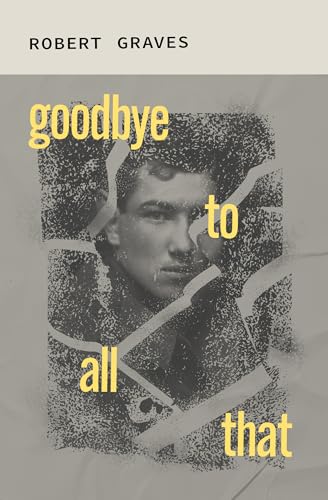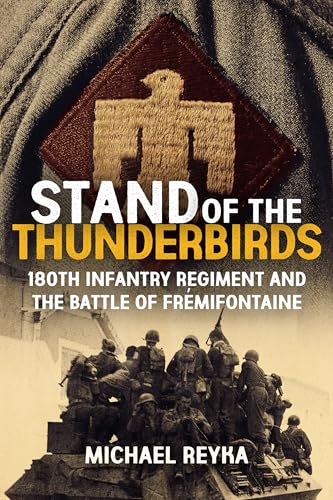
In the Line of Fire
by Teofil Reiss
"A Soldier's Diary WWI 1914-1918"
Popularity
3.25 / 5
* A book's popularity is determined by how it compares to all other books on this website.
Where to buy?
Buy from Amazon* If you buy this book through the link above, we may receive a small commission at no extra cost to you.
In the Line of Fire by Teofil Reiss
Details
War:
World War I
Perspective:
Infantry
True Story:
Yes
Biography:
Yes
Region:
Europe
Page Count:
376
Published Date:
2016
ISBN13:
9781535342537
Description
Brief Summary
"In the Line of Fire" by Teofil Reiss is an evocative diary documenting the personal experiences of a soldier in the Austro-Hungarian Army during World War I. The diary offers an authentic glimpse into the life and struggles on the frontline, captured by Reiss himself, who meticulously recorded his daily experiences amidst the brutal artillery and canon fire. The narrative is not just a war chronicle; it is a deeply human document showcasing the author's perspectives, innocence, and heartedness as he navigates through the grim realities of war. More than just a recount of wartime events, the diary provides a rare testimony of a soldier who was committed to his country, while also offering a unique portrayal of his multifaceted identity—an Austro-Hungarian patriot, a charming ladies' man, and a proud Jew. The book is further enhanced by the addition of photos, letters, and an epilogue written by Teofil's grandson, Tuvia, which extends the story to the rise of the Nazis and Teofil's eventual fate in 1942.
Main Themes and Topics
The central themes of "In the Line of Fire" revolve around the harsh realities of trench warfare, the senselessness of war, and the resilience of human spirit in the face of adversity. The diary entries provide a detailed account of the bleak and brutal day-to-day existence in the trenches, offering vivid descriptions of the destruction and loss that marked the Great War. Another significant theme is identity, reflected through Reiss's unique position as a proud Jew and Austro-Hungarian patriot at a time when such identities were often in conflict. The diary also explores the notions of duty, courage, and the complex moral landscape soldiers navigate during war. Through these entries, readers gain insight into the psyche of a soldier who maintains a practical perspective despite the chaos surrounding him, contemplating larger existential questions about the purpose and cost of war.
Writing Style and Tone
Teofil Reiss writes with a candid and unflinching style, presenting his observations with a stark, realist tone that is both informative and emotive. The diary format lends an immediacy to the narrative, drawing readers into the frontline experience with each entry. Reiss's writing is marked by an openness and honesty that reveal his inner thoughts and emotions during the war. He balances the graphic and violent reality of the trenches with moments of reflection and introspection, underscoring the humanity of those who served. His use of descriptive language vividly paints the harrowing scenes of war, from the literal muck and mire of the trenches to the dismembered bodies of fallen soldiers. This raw and intense style effectively conveys the horror and futility of war, making for a compelling and thought-provoking read.
Awards and Recognition
While specific awards for "In the Line of Fire" are not detailed, the book's significance lies in its contribution to World War I literature as a primary historical document. The decision by Reiss's grandson, Tuvia, to translate and publish the diary underscores its historical and cultural importance, providing contemporary readers with a personal narrative of one soldier's wartime experience. The publication of such firsthand accounts is essential for understanding the various dimensions of historical conflicts, and "In the Line of Fire" stands as a testament to the resilience of the human spirit amid the darkest times.









